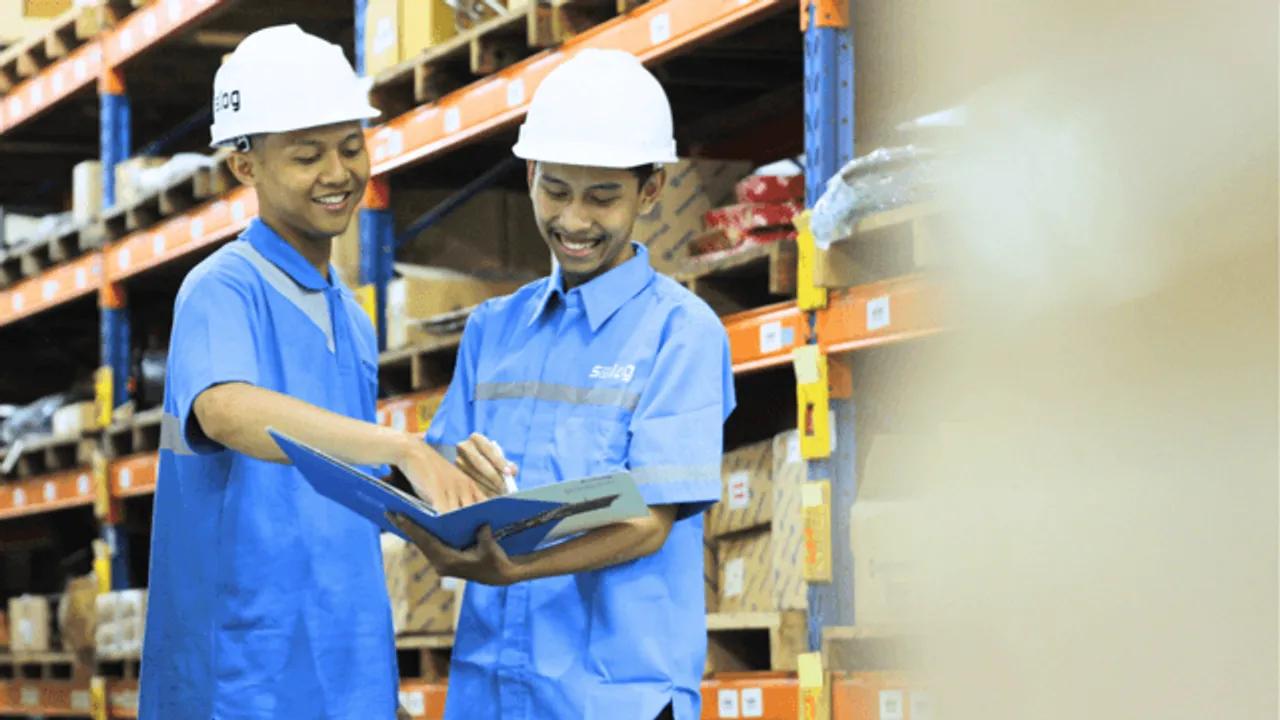
Information & Tips
7 Februari 2025
Essential Logistics Terms for Smooth Operation
Think You Know the Logistics ABCs?
The logistics sector has countless terms that are little known by many people. Understanding these terms is essential to avoid confusion when utilizing logistics services for shipping goods.
Logistics terminology encompasses the science and art of storing, distributing, and maintaining goods.
Logistics can be defined as a series of processes that include planning, execution, and supervision of the movement of goods, services, energy, or other resources from one location to another.
Logistics companies manage and maintain goods or equipment, which can be finished goods and demand-driven items, to ensure they are delivered to consumers safely, on time, and cost-efficiently.
Cargo
One of the terms often encountered in the logistics sector is cargo. Cargo refers to shipments of large goods weighing over 10 kg and with considerable dimensions, shipped by land, sea, or air across cities to provinces.
Expedition
In the logistics sector, an expedition refers to a shipping company offering delivery services to the public using various types of vehicles and drivers.
Expedition services usually focus on intra-city shipments with small weights and dimensions, such as documents or goods under 5 kg.
An example of expedition services is couriers delivering packages to residential addresses or between cities.
Other Common Terms in the Logistics Sector
Many other common terms in the logistics sector are worth knowing. Check them out below:
Shipping refers to the delivery of goods by land, sea, or air.
Shipper refers to the exporter or sender of goods. The shipper’s full name and address must be clearly stated in the required shipping documents.
Consignee refers to the importer or recipient of goods. The name and address of the Consignee must also be clearly written in the shipment.
Customer Clearance is an administrative process of shipping goods related to customs and government administration.
Description of Goods refers to the details of the goods. This description is usually found in the complete packing list and in the Bill of Lading. However, the description of the goods is typically more concise in the Bill of Lading.
Shipping Marks & Numbers indicates the number of cartons and shipping marks displayed on the goods’ packaging, usually listed in the packing list or Bill of Lading.
Bill of Lading (B/L) is known as a consignment note or proof of shipment and receipt of goods. The Bill of Lading form must be legally recognized internationally as proof of shipment and receipt for export-import goods.
Notify Party refers to the party entitled to be informed about the shipment and receipt of logistics goods after the Consignee. In practice, the Notify Party’s name and address are often the same as the Consignee’s identity, depending on the initial agreement between the Shipper and the importer.
DO (Delivery Order) refers to a document issued by a shipping agent, forwarder, or warehouse as proof of goods collection or the retrieval of empty containers from the origin warehouse to the destination warehouse.
G.W (Gross Weight) refers to the total weight of the goods and their packaging. For example, 2 kg of goods weight and 0.5 kg packaging weight will result in 2.5 kg of G.W.
N.W (Net Weight) refers to the net weight of goods before packaging.
LCL (Less than Container Load) refers to a term for shipping goods with a capacity below the standard container load capacity.
FCL (Full Container Loaded) refers to shipping goods using a full container.
CY (Container Yard) refers to the location where containers are stored.
DOOR refers to the warehouse or origin location as well as the pickup location of the goods to be shipped.
ETD (Estimation Time of Departure) refers to the estimated departure time of a vessel.
ETA (Estimation Time of Arrival) refers to the estimated arrival time of a vessel.
Dry Container refers to a standard container that is safe for transporting material goods such as iron, cars, motorcycles, and other materials.
Reefer Container refers to the type of container equipped with a cooling temperature, like a large freezer, used for shipping frozen foods, meat, and other perishable goods.
Part of Shipment refers to goods shipping that loads containers with items from multiple shippers for one consignee at the same destination, even with different names of goods.
Stripping refers to the unloading process, which often takes considerable time.
Stuffing refers to goods arrangement in a container or carriage to maximize load and organize items neatly.
3PL or Third Party Logistics refers to a third-party entity in the shipping industry that assists the second party in the shipping process. 3PLs play a role in reaching areas that are inaccessible to major delivery service providers.
PEB is Export Declaration of Goods. This notification process can be conducted online through the EDI system. PEB serves as a notification for physical inspection of exported goods, and if approved, an Export Approval (PE) will be issued. The data inputted during form submission includes all information from the packing list and commercial invoice.
PE is an Export Approval. An export approval document can be accessed and printed independently by the Shipper/EMKL with an online system after all export documents have been approved by Customs and Excise.
Logistics Service Providers
Not less important than the key logistics terms is the logistics service providers. These providers are companies engaged in the transportation and warehousing sector.
The goods shipped usually come from one producer to another, producers to consumers, producers to distributors, and so on.
Numerous logistics service providers are currently operating to distribute goods. One of the companies offering the best and most comprehensive services is SELOG, part of PT Serasi Autoraya (SERA). SELOG, short for PT Serasi Logistik Indonesia, provides logistics services for B2B (business-to-business) shipments.
It offers logistics service solutions that include contract-based services, goods delivery, warehousing management, and freight forwarding through land, sea, and air transportation.
SELOG specializes in land-based logistics transportation services and freight forwarding. The company currently manages 1,600 trucks and 12 cargo vessels. It also handles approximately 935,000 cargo shipments every year. For sea routes, operations are managed by PT Toyofuji Serasi Indonesia, which operates five Ro-Ro (roll-on/roll-off) vessels.
SELOG has implemented a Warehouse Management System (WMS). With WMS, tracking processes for receiving, pickup, delivery, and holding of goods can be conducted continuously, including handling damaged goods and completed orders.
Moreover, WMS allows customers to monitor their inventory status in real-time, down to low inventory levels. For more information, go to www.selog.astra.co.id or contact (021) 26605333.
Latest Article
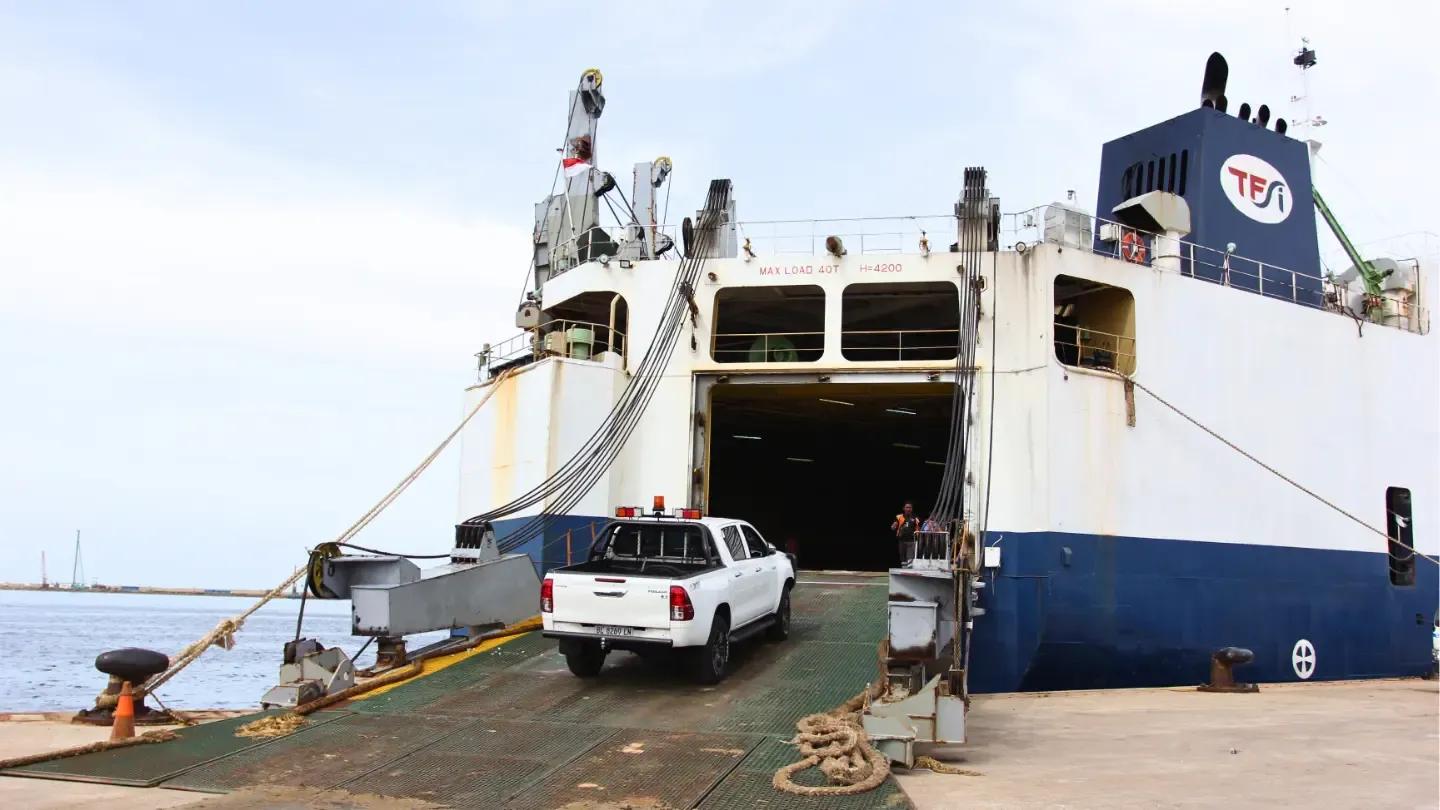
Information & Tips
12 September 2025
The Difference between Logistics Services and Freight Forwarding
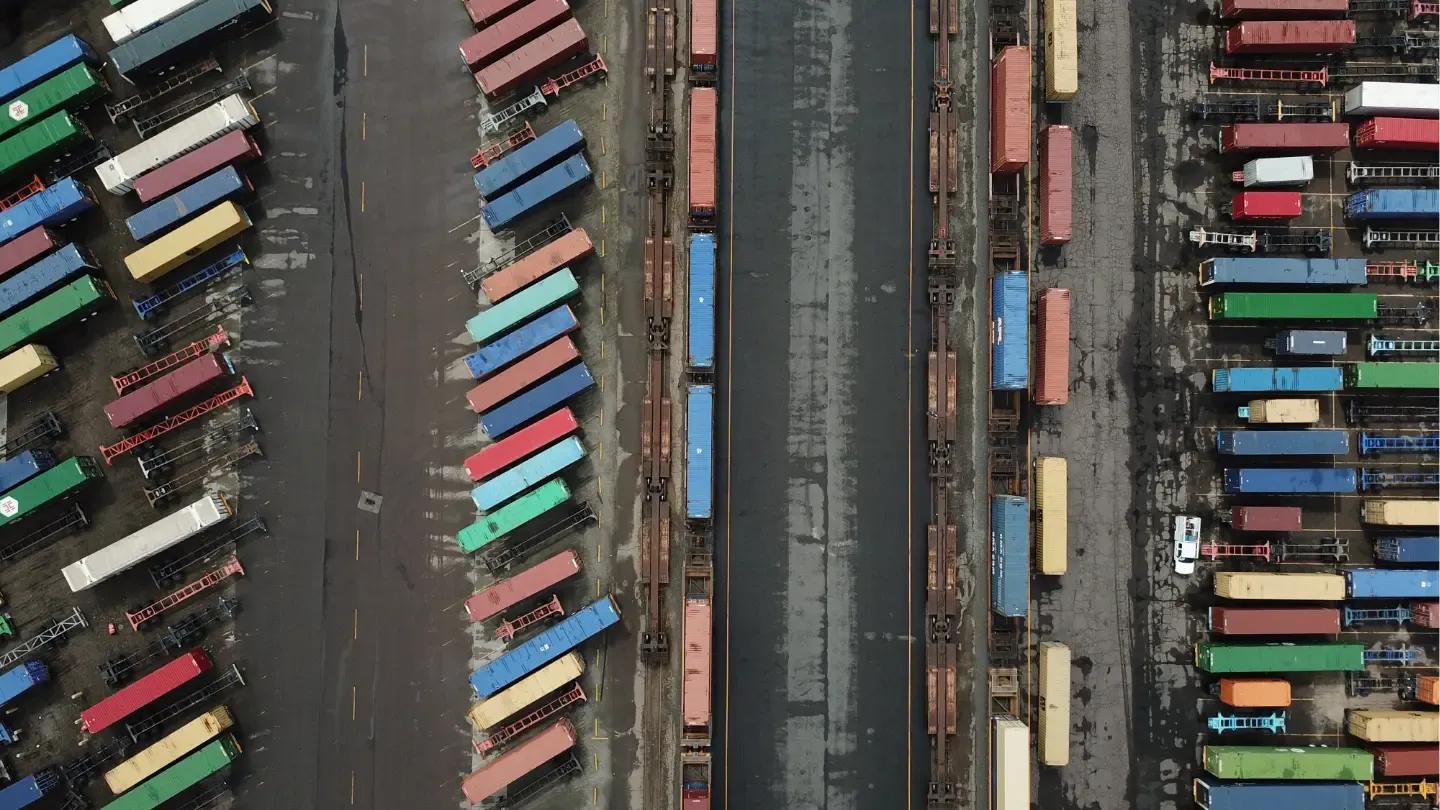
Information & Tips
12 September 2025
Compliance Made Easy: Key Logistics Policies in Indonesia
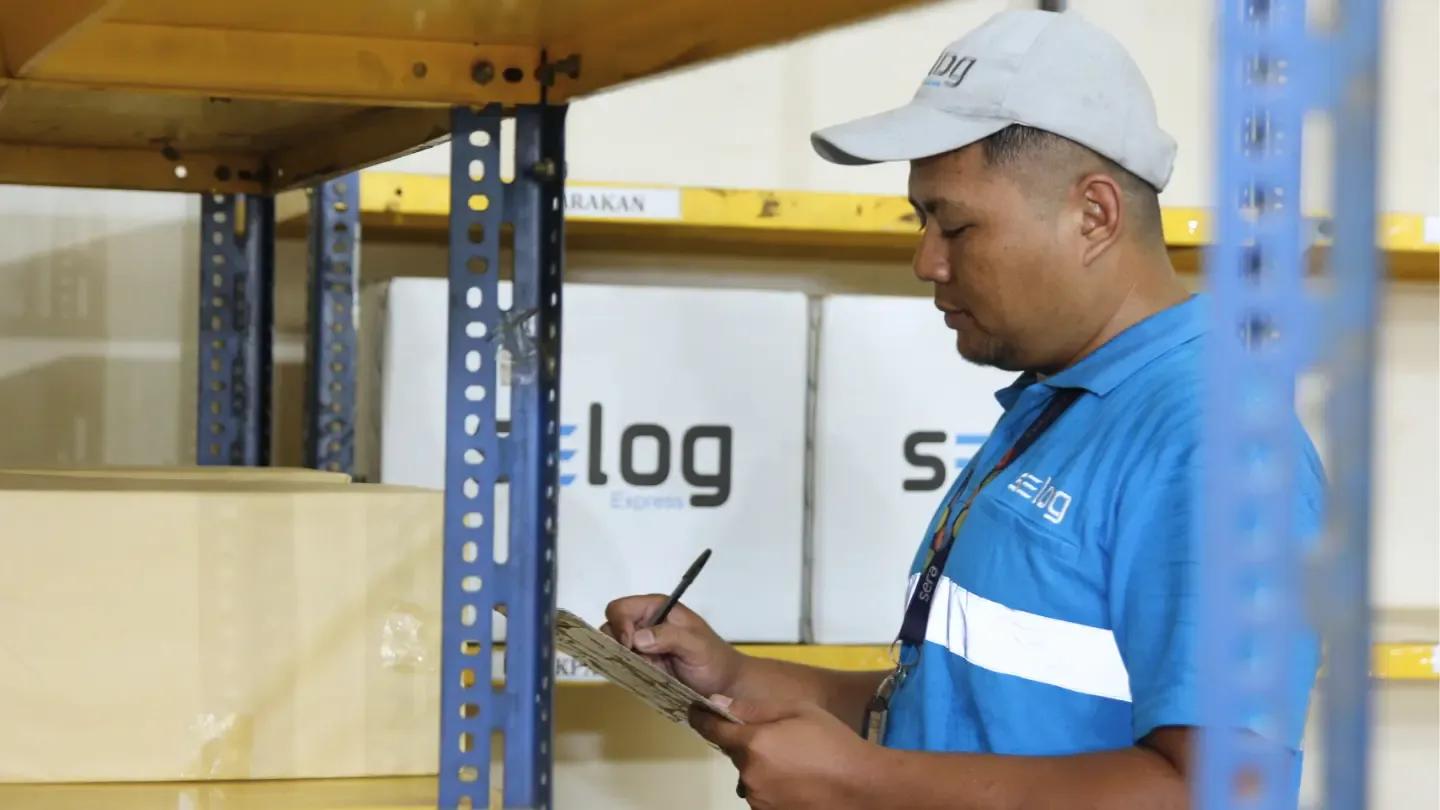
Information & Tips
12 September 2025
Shipping Time Estimates: What You Need to Know
Article Category

Information & Tips
12 September 2025
The Difference between Logistics Services and Freight Forwarding

Information & Tips
12 September 2025
Compliance Made Easy: Key Logistics Policies in Indonesia

Information & Tips
12 September 2025
Shipping Time Estimates: What You Need to Know
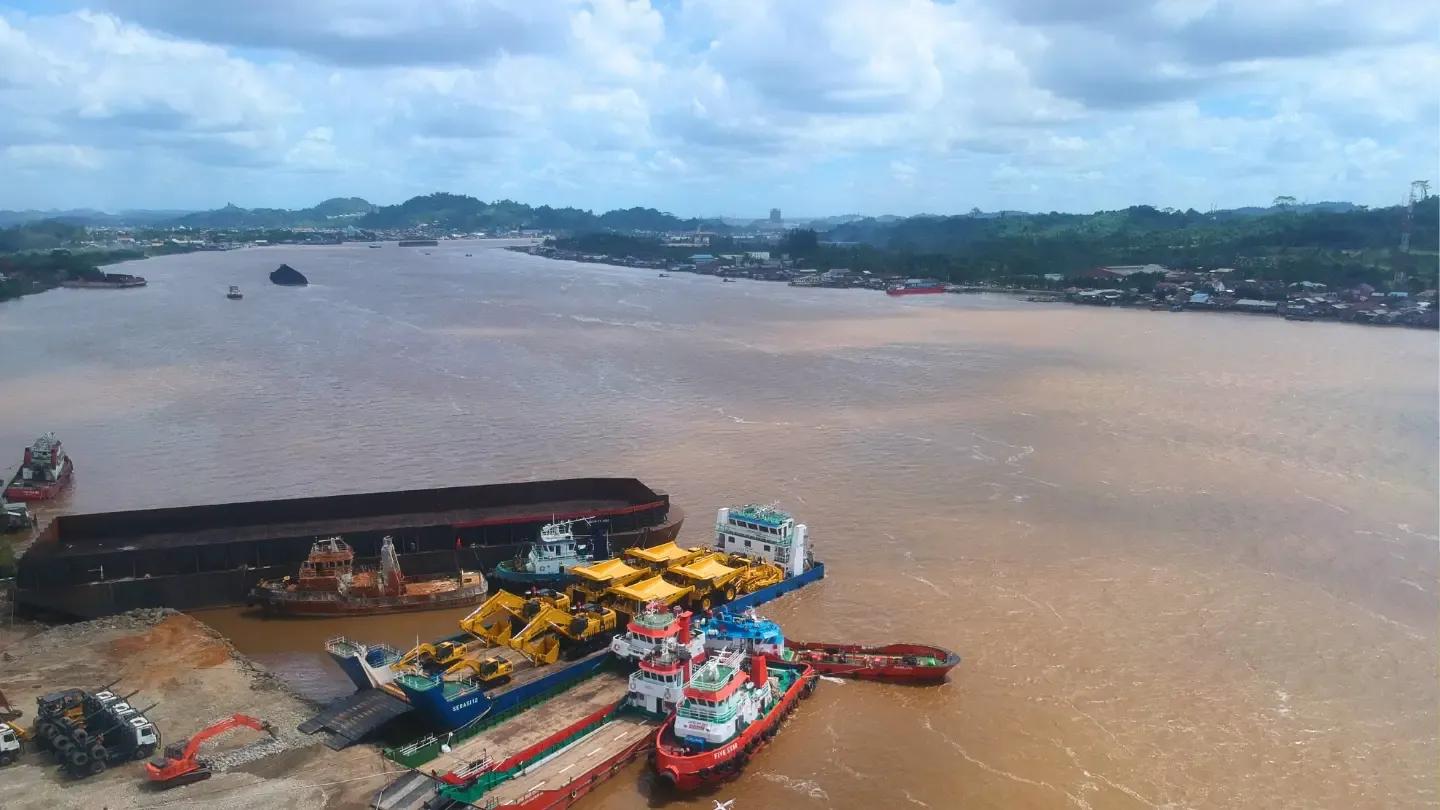
Information & Tips
12 September 2025
Understanding LCT Vessels: Marine Heavy Equipment Carriers
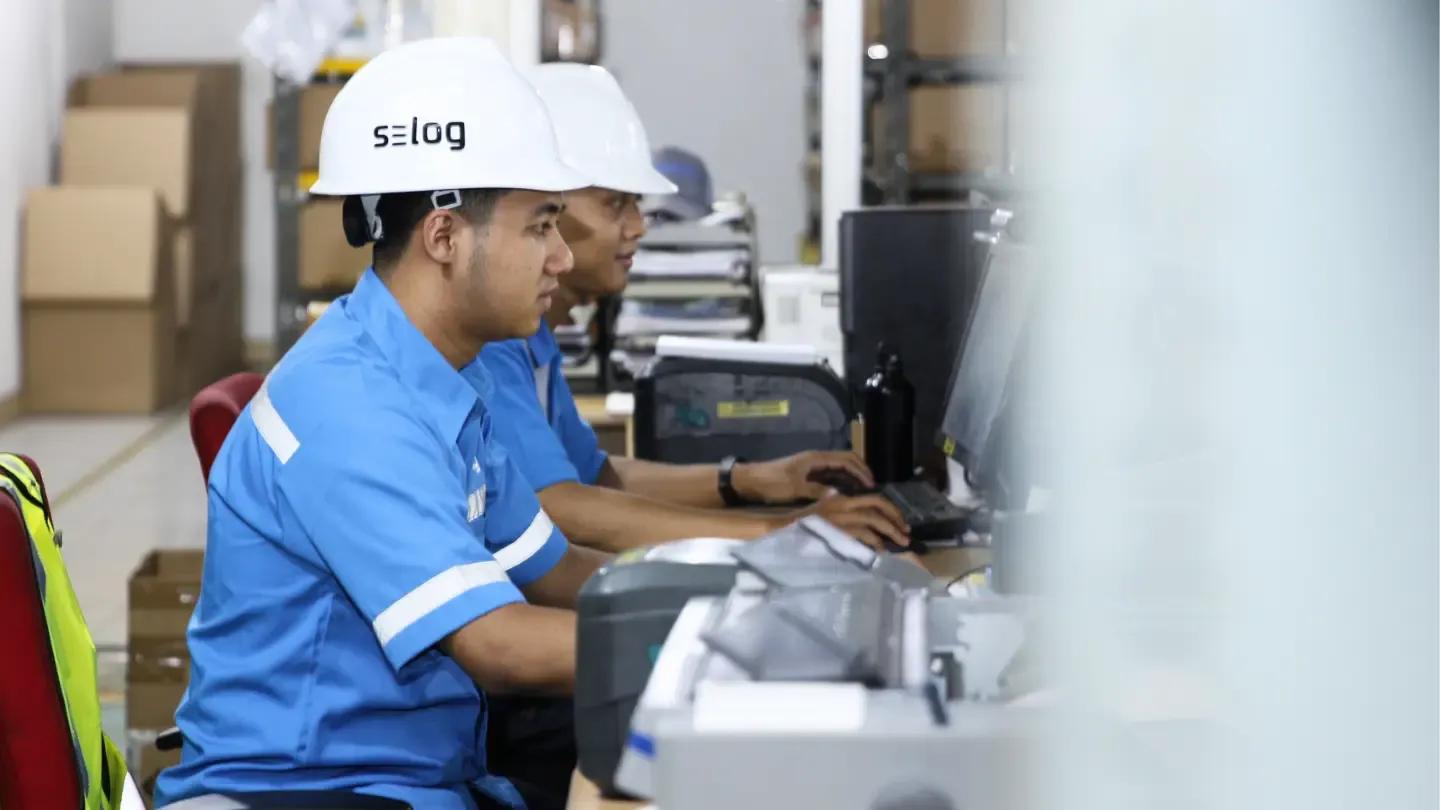
Information & Tips
12 September 2025
How To Utilize Technology in Logistics Industry
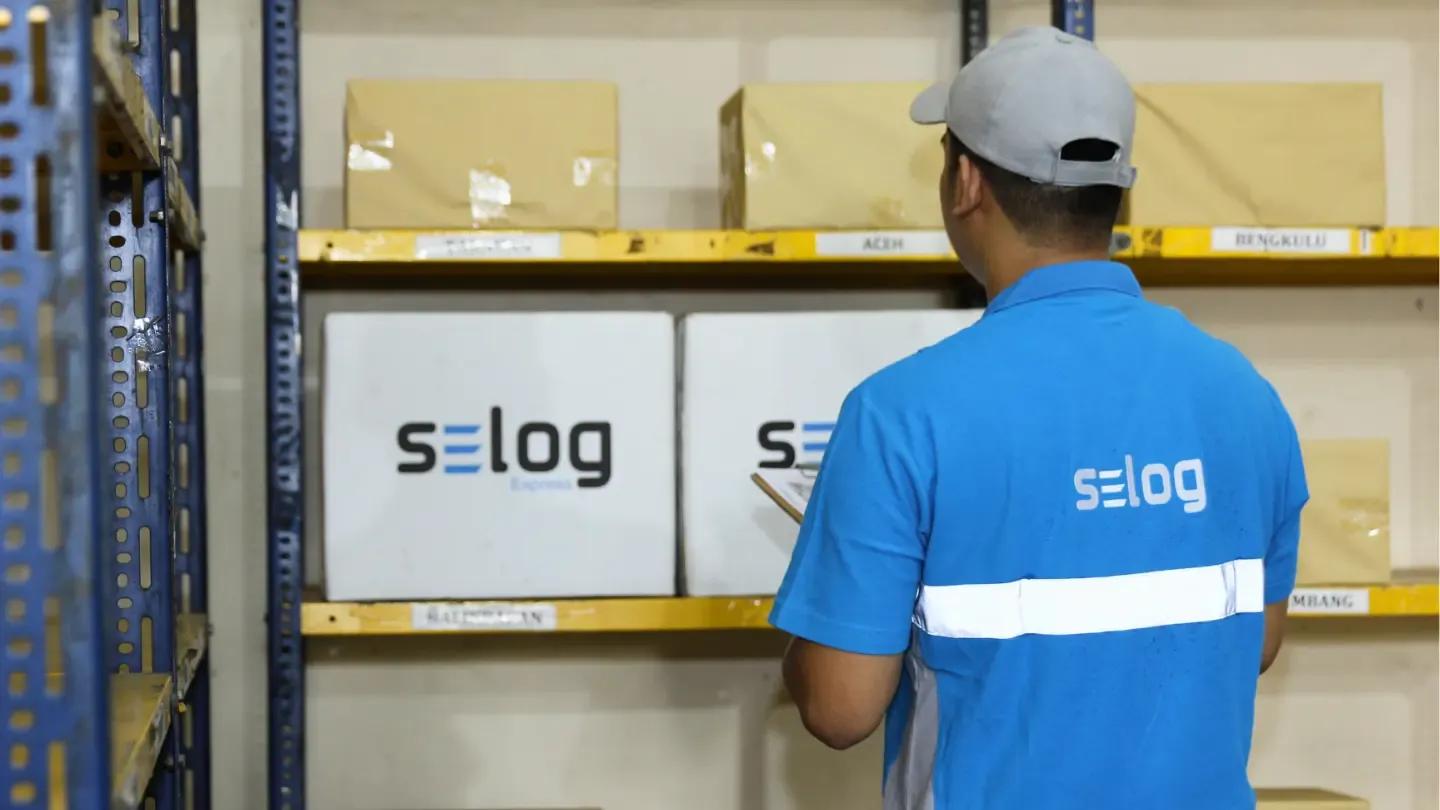
Information & Tips
12 September 2025
Logistics Costs You Shouldn’t Overlook in Shipping
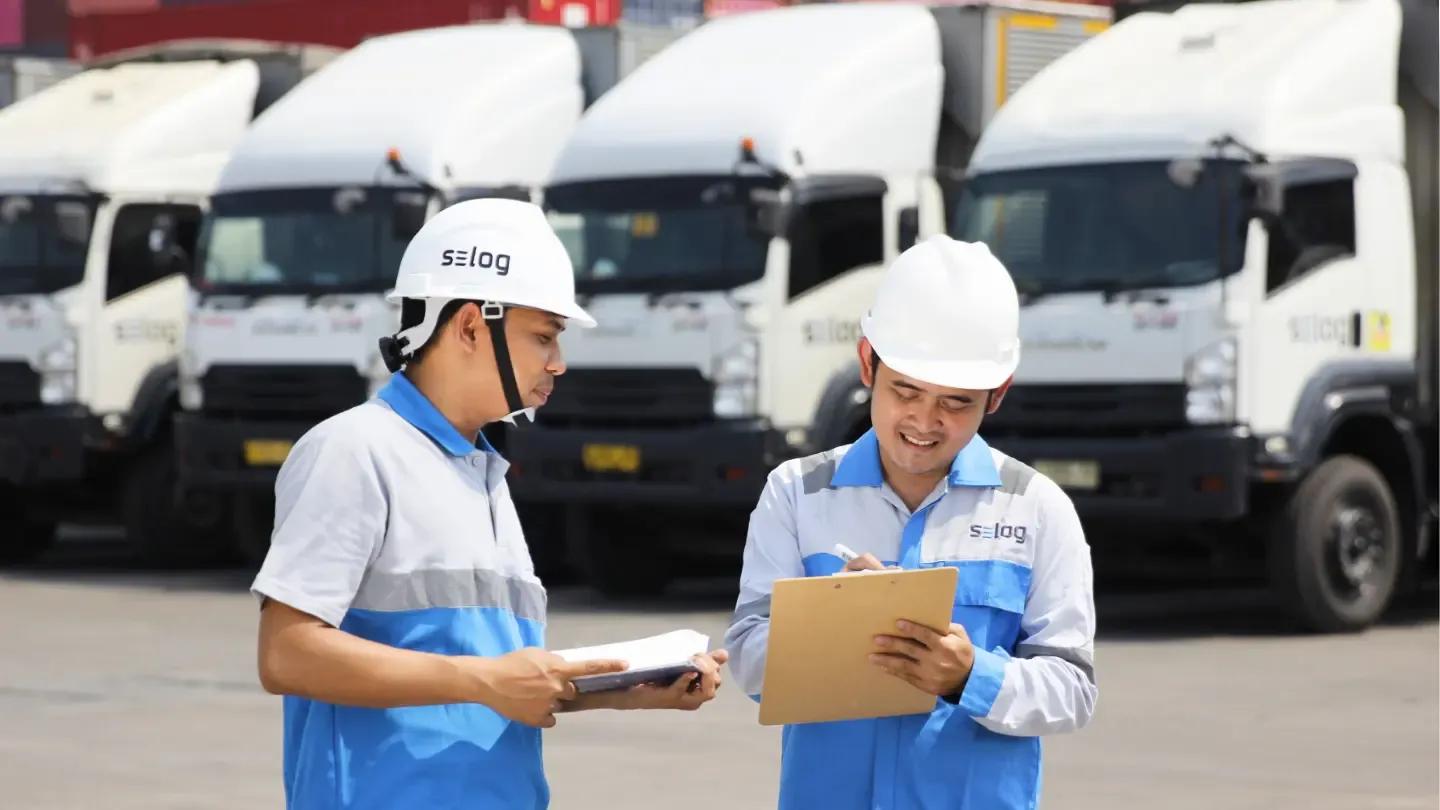
Information & Tips
12 September 2025
Understanding the Challenges of Land Shipping

Information & Tips
12 September 2025
FTL vs. LTL: The Ultimate Freight Shipping Guide
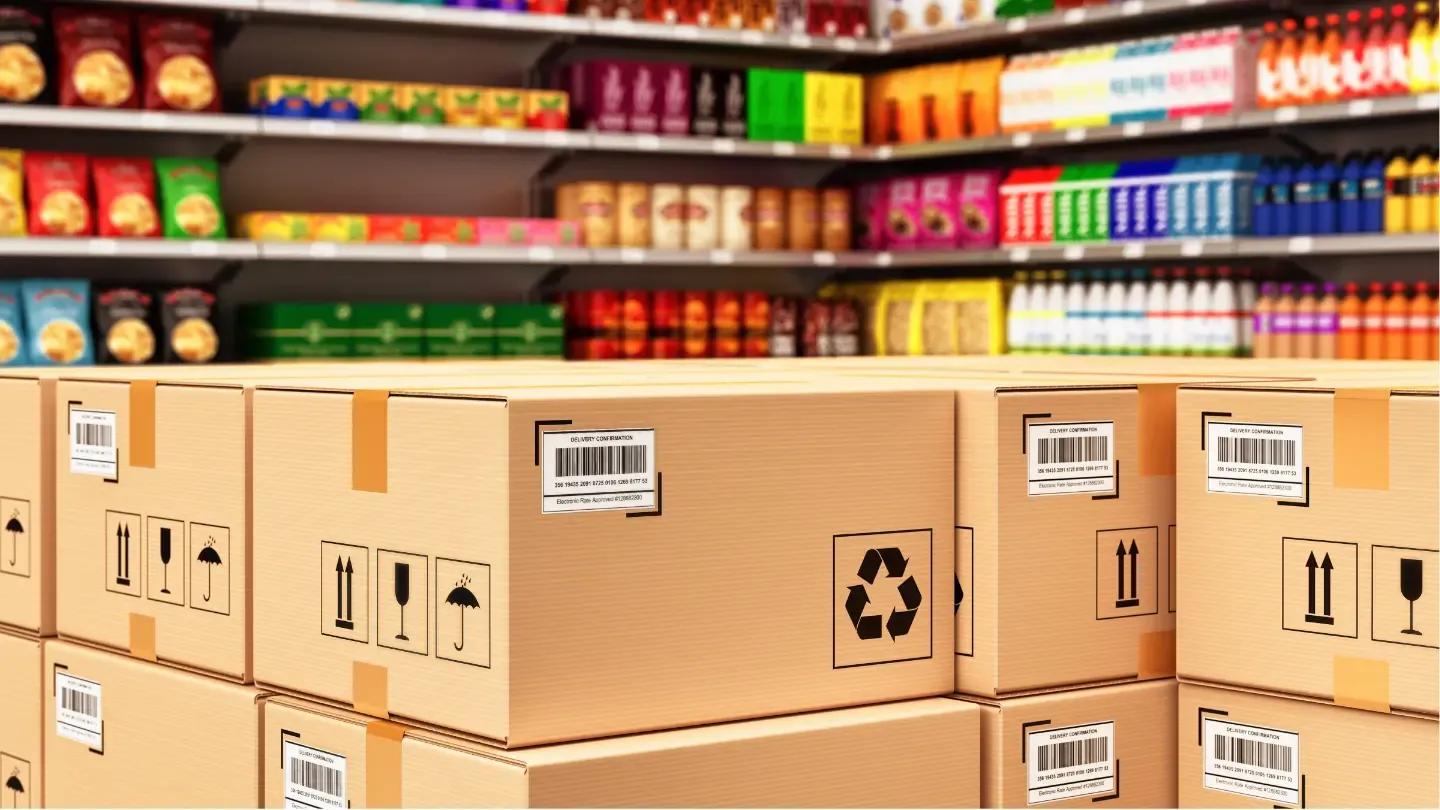
Information & Tips
12 September 2025
6 Must-Know Retail Logistics Services
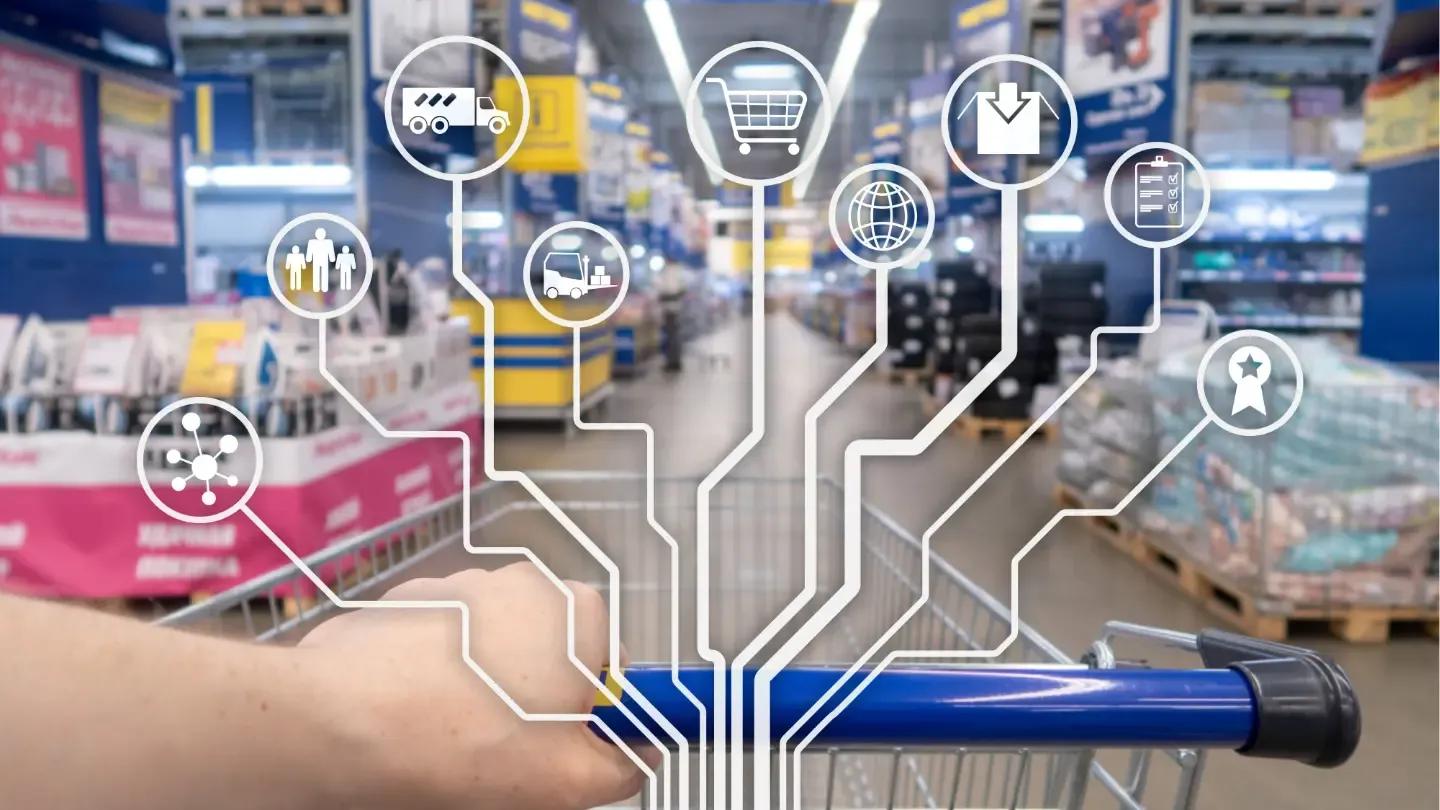
Information & Tips
12 September 2025
Understanding Retail Business and Its Challenges
Make sure you have the latest SELOG and Logistics information updates
Please enter your email to get the latest news or articles from us.
